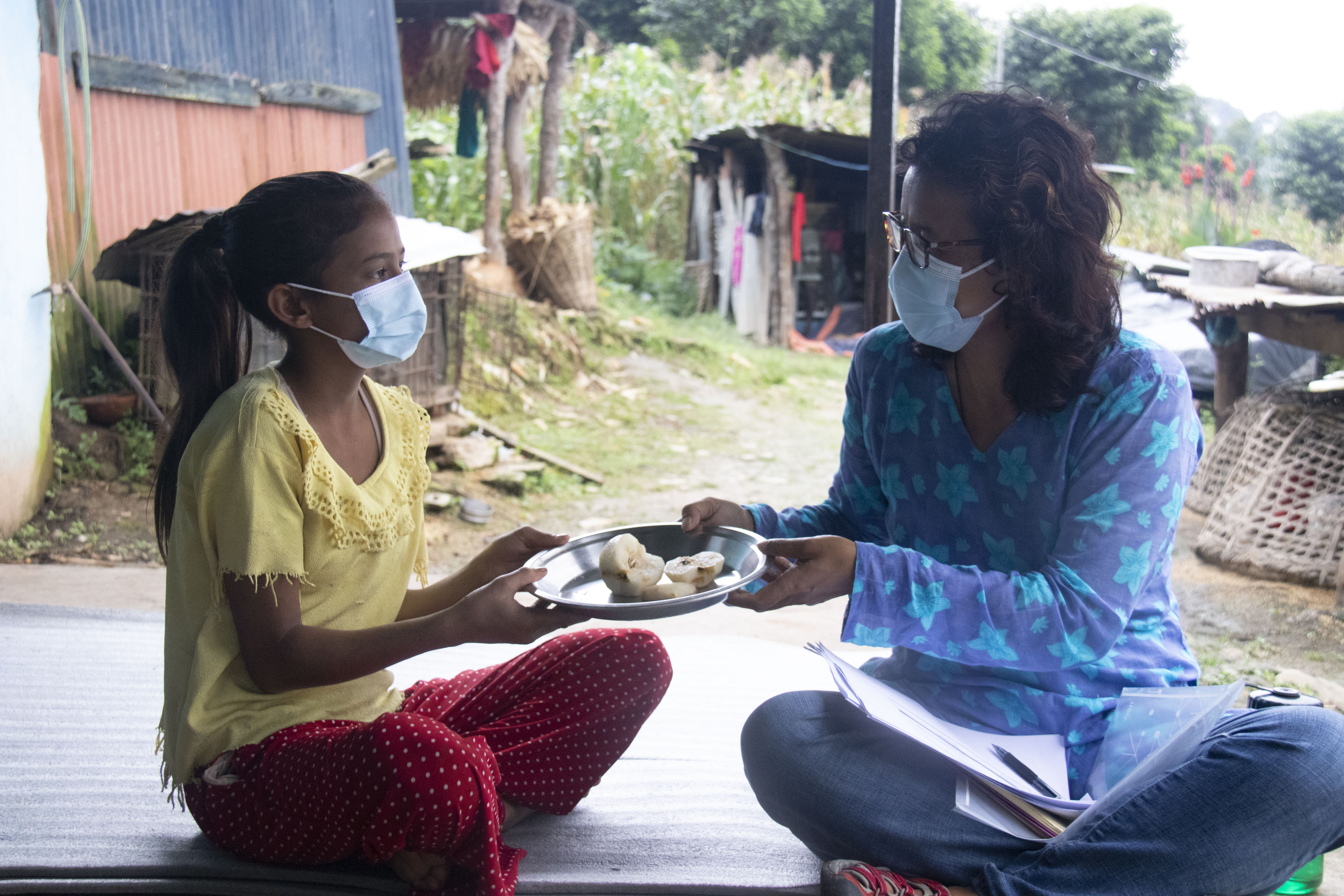After graduation: the technical option

The Nepali education system is based on India’s, which in turn mirrors that of the UK and many former British colonies. School is compulsory up to grade 10. If they pass their SLC (School Leaving Certificate) exam, students have an option to move up to grades 11 and 12, known as ‘college’, or move to a technical institute and study for a diploma in areas such as midwifery, public health, electronics, and agriculture.
For those girls in STOP Girl Trafficking who pass grade 10, but aren’t particularly interested in going to college, AHF does support the technical school option. However, there are only five government run institutes in the country and the competition is stiff. This year we have five SGT girls in two technical institutes. I met three of them in Jiri: Nisa, Saraswati, and Sanju.
Nisa and Saraswati chose to go the technical route for purely practical reasons. After graduating with diplomas in agriculture, they will be able to return to their village and earn money helping farmers increase harvest yields and diversify their crops—and help their own families do the same.
Nisa has a younger sister and her father is disabled, so she will be the main breadwinner for her family when she returns in a year and a half. Saraswati is following in the footsteps of some of the young men from her village:
“They found good jobs very easily after they completed their technical studies” she told me. “A couple even got jobs with the government, in the local Department of Agriculture Office”.
Sanju is on a different path. “I have always wanted to help people have a better, healthier life, so my family suggested I try to become a midwife. To study to become a doctor is far beyond my family’s means.
“When I graduate I hope to get a job in the small hospital near my village. I think the women from my village would be more comfortable coming to me about female health issues as we are Dalits, and the older generation are shy of other castes.”


